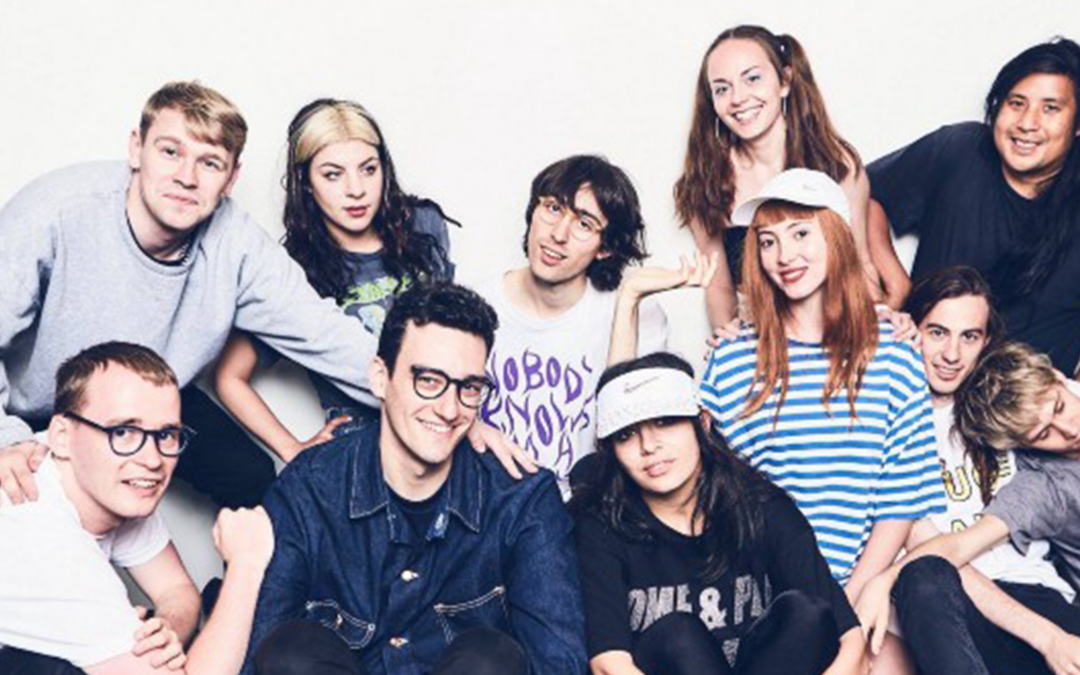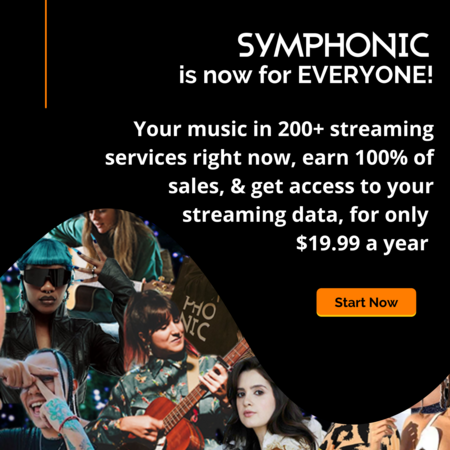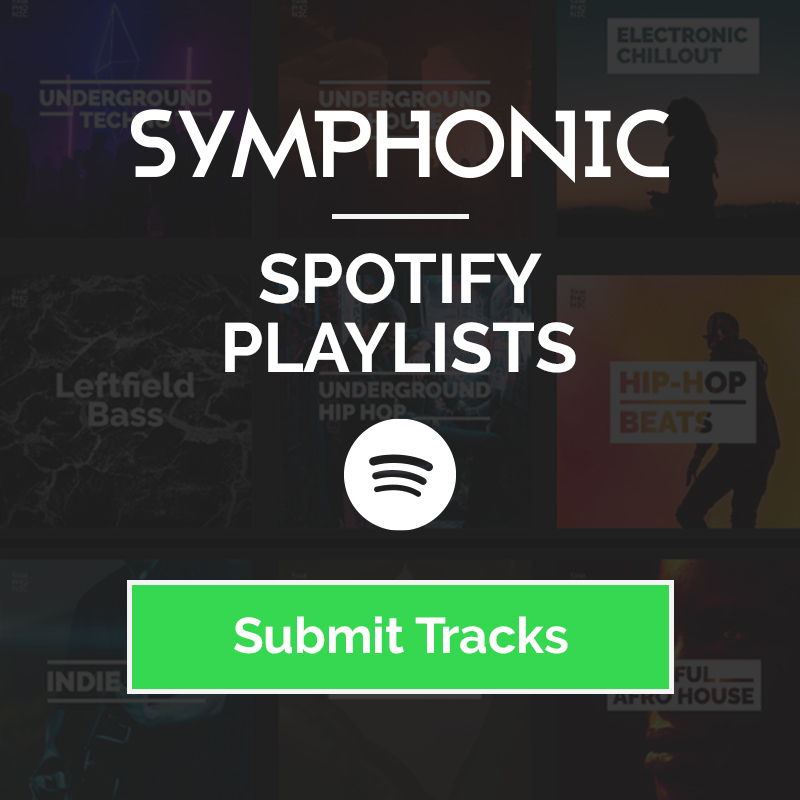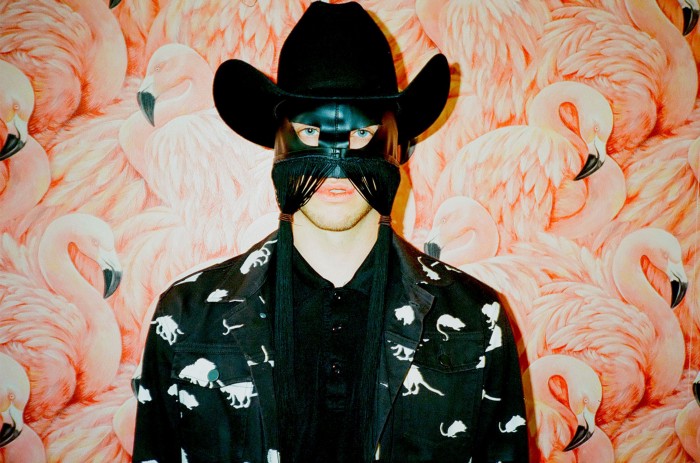
LGBTQIA+ Voices Pushing Genre Boundaries
Working in the music industry and being an artist can carry conflicting ideals for every musician looking to make a name for themselves. Artistic freedom of expression is juxtaposed by the industry’s need to categorize and market the product under a set number of boxes. For every artist this is part of the challenge; but for artists in marginalized communities, this effect can be exacerbated. Subverting the gender and sexuality expectations of listeners takes bravery and commitment to self. This Pride Month, we want to highlight artists in various genres that go against the grain to give a fresh perspective and share their story with the world.
Country & Americana

Orville Peck
The country genre is known for its homogeneity in many ways. Orville Peck’s crooner voice alone is enough to stand him out from the crowd, however he has a few other quirks that push the envelope for this genre. Peck is minimal with what he shares with fans, never disclosing his real name or origins. His identity is further mystified by his trademark mask he’s never caught without. In an interview, Peck explains: “I don’t feel like I’m hiding behind a mask at all… It’s actually quite the opposite — the mask and all of that has allowed me to be a lot more exposed.” Though his sound is very traditional, his lyrics and brand is anything but. Peck doesn’t shy away from his identity as a gay man and many of his songs’ subjects being romance in the wild west. This unique coupling has garnered Peck a wide audience. In another interview Peck mentioned: “straight, white, middle-aged men actually make up a big portion of my fan base. They probably can’t relate to exactly what I’m singing about but they connect to the music on a different level. I’d like to think it’s because there’s a sincerity to it. That’s what country music is, it’s sincerity combined with bold storytelling and theatricality of performance.” Peck toes the line of challenging the expectations of country listeners while maintaining the integrity of the genre’s tradition.
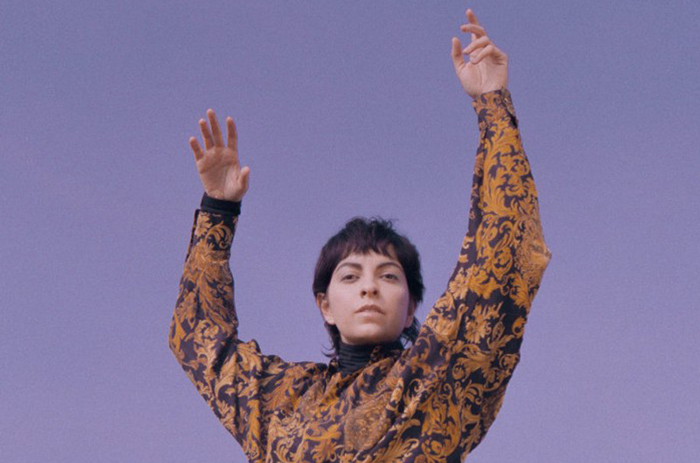
Becca Mancari
Mancari is a Nashville-based singer-songwriter who works in the folk and southern rock world. She is a solo artist as well as a member of Bermuda Triangle, a band with Brittany Howard of Alabama Shakes and Jesse Lafser. Originally from Pennsylvania, her upbringing was unusual and unsupportive of her identity. Mancari describes the community she was raised in as a “Christian hippie cult.” As someone who knew she was gay from a young age, music became a coping mechanism. When she finally came out to her family at age 21, she was shunned, forbidden from seeing her siblings, and effectively left homeless. This is what began her journey of finding her true self as she traveled the country looking for a new way of life. She now uses her voice to acknowledge the pain she and so many others have endured for simply attempting to live authentically.
“Some of us have gone through the worst coming out stories, and I’m separated from my parents in that they’ll never acknowledge me being a gay person. I was realizing that I’ve never really dealt with the grief. I’ve never really told my true story. For some reason, my body and spirit and mind were like,you have to do it.” — Becca Mancari
She also wholly believes that staying in the south and telling her story from this point of view is equally important. She told NPR “To me, it’s really important to stay here and keep fighting. It would be easier for [me] to go to Portland or L.A. or Seattle and just be around queer people like [me] … In this city, when I first moved here, it would have been exponentially easier and way better for my career to put on a dress, kiss the ring and act straight. And I refused to do that.”
Pop & Electronic
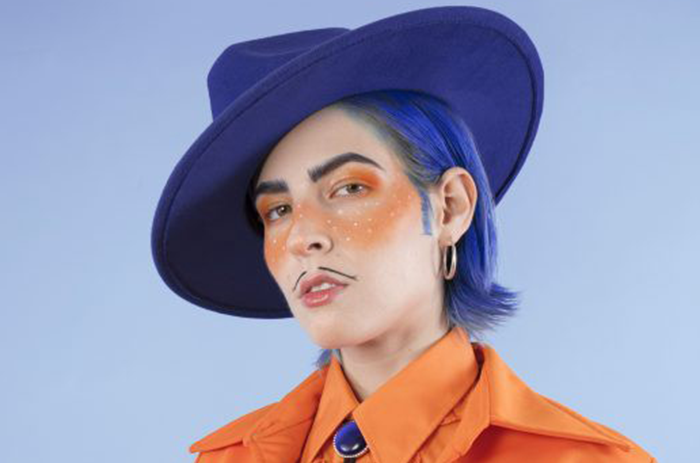
Dorian Electra
Dorian Electra is an experimental pop artist known for their fluidity of gender expression, conceptual projects, and flamboyant style. They grew up in Houston, Texas with their mother and father who divorced when Electra was five years old. After the split, their mother began dating women and was very open with her child about her sexuality. They credit their parents for being open to any identity they chose from a young age. Dorian Electra identifies as non-binary, explaining: “the core of my being is not gendered at all — even ‘gender fluid’ is a form of identity that can put somebody in a box.” In line with the high-concept art they produce, Electra is known for their pencil thin, drawn-on moustache that has become apart of their brand but also their identity. After their first time in a photoshoot with the moustache makeup on, Electra described the feeling: “I had never felt more like myself than I did in that picture. It communicates man, masculine, within these two little symbols. Putting it on, all of a sudden it makes me feel grounded.” Claiming any creativity in identity is the hallmark of their work, using this to further the conversation on gender norms, cultural standards and socio-political issues.
“I’m always so grateful for the support system I’ve had emotionally, and being able to be who I am. Maybe my work offers that to other people — maybe it resonates because they are finding strength in reclaiming the things they were bullied by, or were told they couldn’t be a part of. I can be a gladiator in a cultural sense.” — Dorian Electra
Hip-Hop & Rap
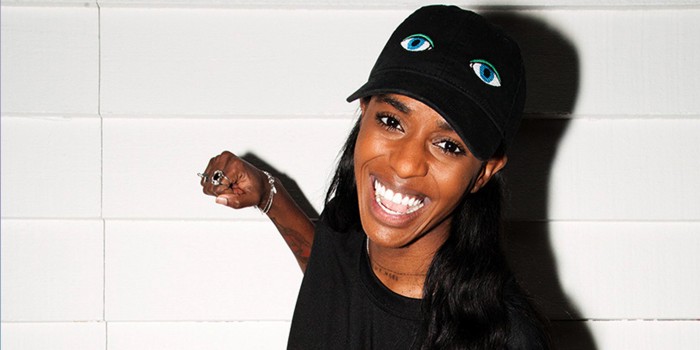
Angel Haze
Angel Haze is a female rapper who hails from Detroit. She was raised in a Greater Apostolic community which is a Pentecostal sect that has very conservative values. Any forms of pop culture, jewelry and even associating with people outside of their community was prohibited. Despite these closed-minded beginnings, Angel Haze has continued to explore her identity as an artist and a person. Though she identifies as pansexual, she explains that the label is more for others than it is for her own definition of self: “Sexuality is like having a favorite color. It doesn’t rule you, you know? And I should be able to do whatever and whoever I want at any given time.” For Angel Haze, it’s the mentalities and personality of a person that are important in finding love over anything else. Her music tackles the difficult circumstances of her youth: molestation, eating disorders, and grappling with her idea of God and her sexuality. Her aim is that her stories can help others.
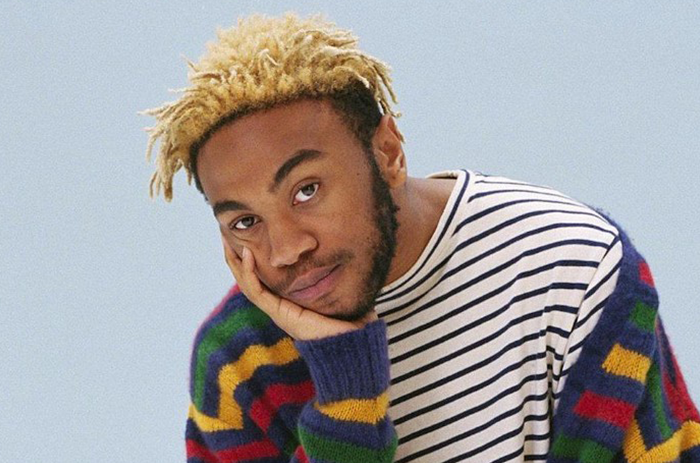
Kevin Abstract
Kevin Abstract is a solo rapper as well as a member and co-founder of the group BROCKHAMPTON. Originally from Corpus Christi, Texas, he was born into an extremely religious Mormon family. He left home at the age of 17 to pursue his musical aspirations. Though he doesn’t speak much on his family connections in interviews, his music says all it needs to on the subject. “My boyfriend saved me, my mother’s homophobic” is the opening line to one of his most-streamed songs “Miserable America.” His openness with his sexuality is a stand-out in the hip-hop world and he hopes that it can inspire change in a genre that has historically not embraced the LGBTQIA+ community.
Though he’s bold with his lyrics and tackles the larger issues with homophobia and southern culture, he’s clear that his music is for everyone. He’s using his platform to be completely himself, and in that was he makes it known that there’s a space for queer people in any pursuit they choose. Abstract’s openness has also helped propel the success of his other project, BROCKHAMPTON. The group commended him in an interview with the BBC, explaining that his openness has helped the relationships of its members, urging them to speak honestly about their issues and opinions.

